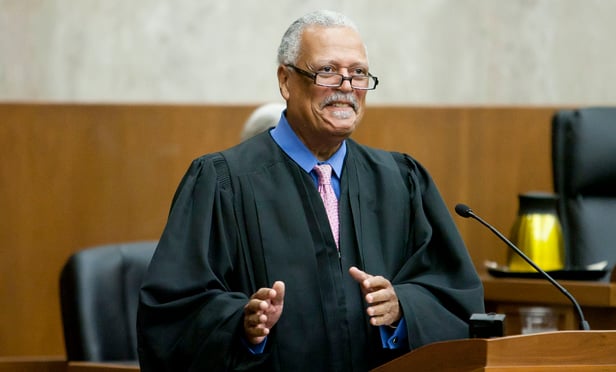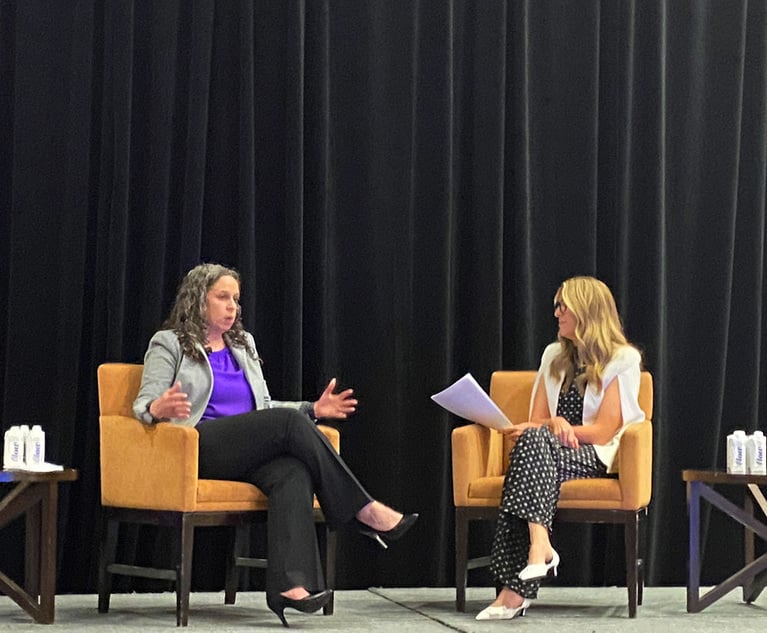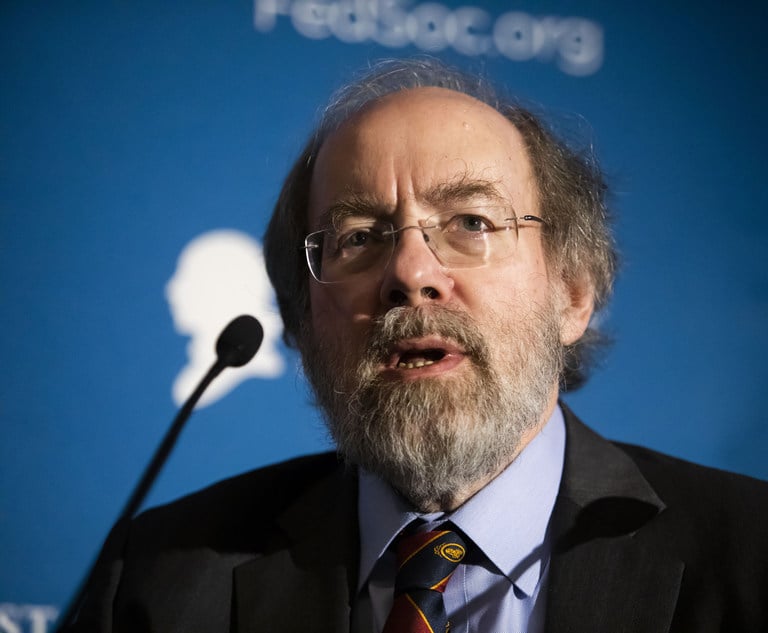In the fight over whether President Donald Trump is violating the Constitution’s ban on accepting gifts or payments from foreign states, U.S. District Judge Emmet Sullivan relied on evidence from legal historians and former government ethics officers to move Congressional Democrats’ lawsuit against the president over a major hurdle.
“I think as a general matter [Sullivan's] opinion is a testament to how important amicus briefs can be to a case,” said Brianne Gorod, chief counsel to the Constitutional Accountability Center, who argued on behalf of the 200 Democratic lawmakers in the case Blumenthal v. Trump.


 Judge Emmet Sullivan, U.S. District Court for the District of Columbia. Photo: Diego M. Radzinschi/ALM
Judge Emmet Sullivan, U.S. District Court for the District of Columbia. Photo: Diego M. Radzinschi/ALM





